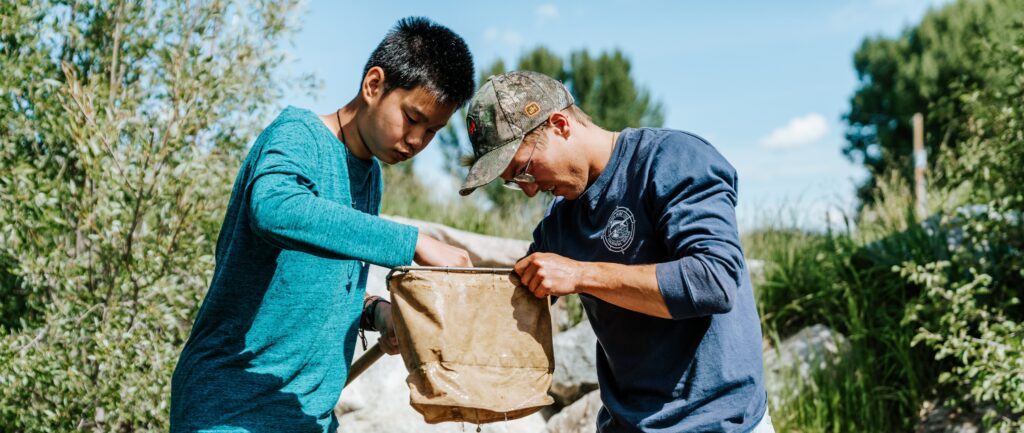In these model lessons, explore the driving question: How might we develop local knowledge to better understand the world?
When students are provided the opportunity to consider themselves and their community in a global context, they are better able to appreciate multiple perspectives, and to recognize their own connections to the wider world. They learn skills to communicate and collaborate with respect, as well as learn effectively across cultures. Students apply knowledge within and across disciplines, and use that knowledge to extend learning and take action on issues that matter to them and their world. As the student grows so does their awareness and knowledge of their local community. As children grow so does their sense of their community. A Pre-K student might describe their community as consisting of himself and his family whereas a middle school student might include her peers, neighbors, and community organizations. Global learning supports students towards both academic success and overall well-being by encouraging the following student outcomes: student engagement, college and career readiness, social-emotional learning, and ultimately student empowerment.
Key Topics
- Explore Community Impact Projects from around the world to generate ideas for the learner’s own project
- Read I Am Malala (Young Readers’ Edition) and expand world views through literature, exploring the experiences of young people growing up in a country very different from ours
- Learn the foundations of early civilization
- Investigate how hunger in your area fits into the bigger picture of the world
- Practice writing like a journalist using the Inverted Pyramid format
- Become graphic designers tasked with marketing a product overseas
- Discover the story of how common objects travel the world before getting to the U.S. and address common misconceptions about U.S. trading
- Examine stereotypes and identify geographic cultures
- Investigate cultural organizations in your community
- Examine homogeneous and heterogeneous mixtures as a metaphor for multiculturalism
- Conduct interviews of people who represent various regional subcultures in the United States
Interested in learning more about these model lessons or accessing in-depth teacher guides for key topics?


